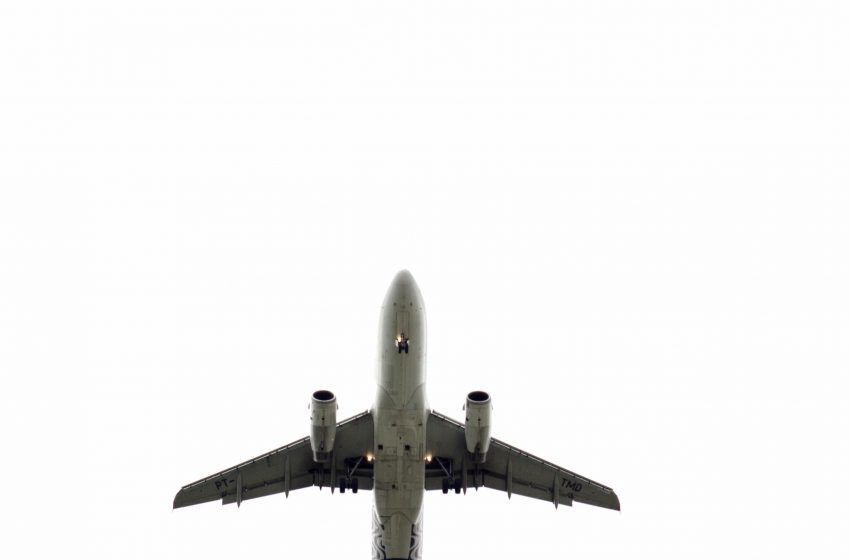America’s lawmakers have blocked the proposed sale of attack helicopters to Nigeria over concerns about the Nigerian government’s human rights record as its military grapples with multiple security crises at once.
Recall that an undisclosed number of persons were killed at the Lekki tollgate back in October 2020, after the Nigerian army opened fire on peaceful Endsars protesters. The Buhari-led government has successfully swept this crime amongst other cases of human rights violations under the carpet.
Now top Democrat and Republican policymakers on the Senate Foreign Relations Committee are delaying the proposed sale of 12 AH-1 Cobra attack helicopters and accompanying defence systems worth some $875 million to the Nigerian military.

The controversy over the proposed arms sale illustrates a broader debate on how to balance national security with human rights objectives. The hold on the sale also showcases how powerful U.S. lawmakers want to push the Biden administration to rethink U.S. relations with Nigeria, amid overarching concerns that Nigerian President Muhammadu Buhari is drifting toward authoritarianism as his government is besieged by multiple security challenges and human rights abuse.
Sen. Bob Menendez, chairperson of the Senate Foreign Relations Committee, called for a “fundamental rethink of the framework of our overall engagement” with Nigeria during a Senate hearing with U.S. Secretary of State Antony Blinken in June.
Both Menendez and Sen. Jim Risch, the top Republican on the Senate Foreign Relations Committee, have placed a hold on the proposed arms sale, according to multiple U.S. officials and congressional aides familiar with the matter, who spoke to Foreign Policy on condition of anonymity.
The details on the proposed sale were first sent by the U.S. State Department to Congress in January before then-former U.S. Vice President Joe Biden was inaugurated as president, according to officials familiar with the matter. In addition to the helicopters, the proposed sale included 28 helicopter engines produced by GE Aviation, 14 military-grade aircraft navigation systems made by Honeywell, and 2,000 advanced precision kill weapon systems—laser-guided rocket munitions, according to information sent by the State Department to Congress and reviewed by Foreign Policy.
Nigeria has relied on U.S. arms sales in the past to help address multiple security challenges: the 12-year insurgency by Boko Haram militants in the country’s northeast, a spate of high-profile kidnapping-for-ransom campaigns targeting schoolchildren in the country’s northwest, and deadly clashes between the country’s semi-nomadic herders and farmers fueled by climate change and environmental degradation of the country’s arable land.
The State Department describes the U.S.-Nigeria relationship as “among the most important in sub-Saharan Africa” and has provided limited funding for various military training and education programs.
Some experts said the United States should hit the pause button on major defense sales until it makes a broader assessment of the extent to which corruption and mismanagement hobble the Nigerian military and whether the military is doing enough to minimize civilian casualties in its campaign against Boko Haram and other violent insurrectionists.

